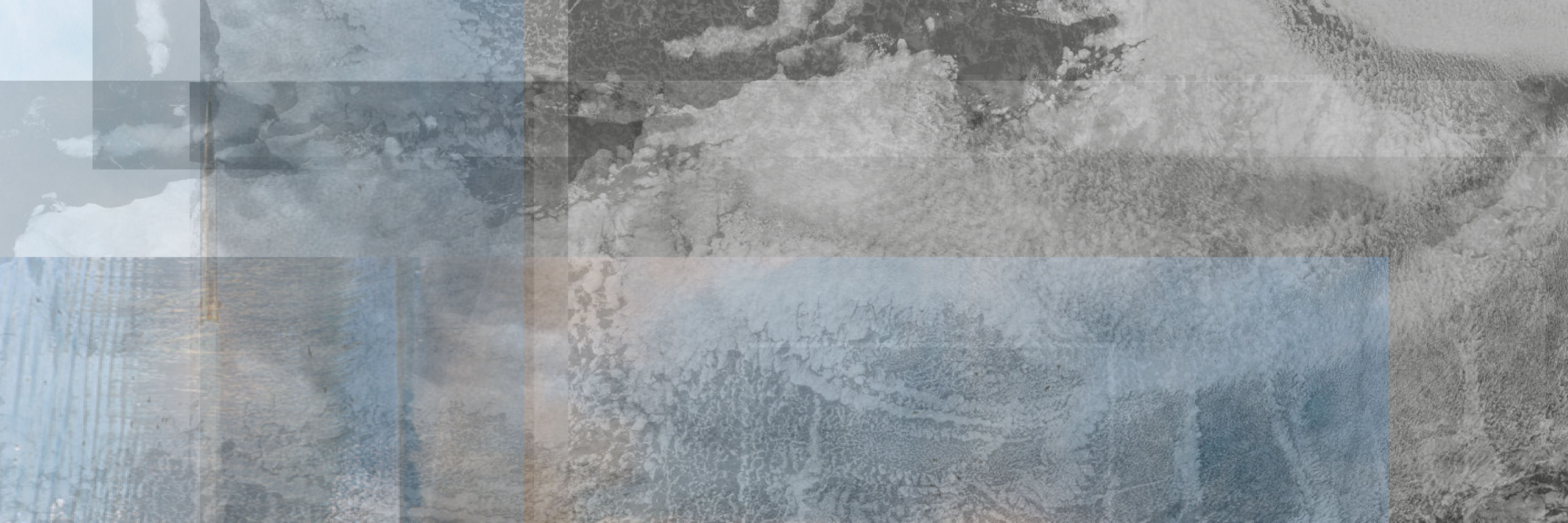Lecture: Ashkan Sepahvand: «Transformation through Darkness»
The ECAM Graduate School at the FHNW Academy of Art and Design offers a PhD-program in cooperation with the University of Art and Design Linz. In this Semester we invite to a public lecture with Ashkan Sepahvand.
The current program is curated by Johannes Bruder, reseacher at the Institute of Experimental Design and Media Cultures/ Critical Media Lab.
Italian anthropologist Ernesto de Martino would write in 1959 that magic is one of the “mechanisms by which we face ‘crises of presence’ in our modern society.” Taking this proposition seriously, Ashkan Sepahvand will engage in his lecture with magic as a practice for attuning to the darkness of the present and working with and through it. In the early Renaissance, thinkers such as Marsillio Ficino considered magic an unquestionable method of critical practice. Magic simply meant a sense for the proper arrangement of the elements into favorable configurations to one’s will, intent, or constitution - despite the treacherous circumstances of the cosmos. The magical thus takes the very sensorial conditions of thought into deep consideration. Under what constellation of the stars does a certain decision or action take place? What foods shall one eat in which season that will appeal to and encourage one’s abilities? What natural effects tell us about the state of a certain concern? Without attention to these aspects of embodiment and perception, proper thought - that is, philosophical discourse - cannot take place. And so, magic here suggests an art of living, as a mechanism to face the crisis of embodied finitude. Magic becomes a practice for sensing knowledge in much of what the Moderns consider non-knowledge: the sensual, the corporeal, the intuitive the symbolic, the oracular, the riddle, the secret, the incommunicable. We will consider the advice of Ficino for the “sagacious life” as proscribed in his De vita libri tres (1489) as a mirror for thinking earnestly through the environmental conditions we each require or will for manifesting our critical capacities. The various crises of thought that confront us as personal and political subjects inevitably demand a response, often in the form of our creative expression. And yet, under what conditions does such expression occur, do certain environments, habits, or scripts inform its quality?
Ashkan Sepahvand is an artistic researcher. His performative discourse practice engages with how knowledge-forms are sensorially translated and experienced, taking shape as publications, installations, exhibitions, and interdisciplinary collaborations. Previously, he has worked as a rese-arch fellow at the Schwules Museum*, where he curated the exhibition "Odarodle - an imaginary their_story of naturepeoples, 1535-2017," and Haus der Kulturen der Welt, where he co-edited the publication "Textures of the Anthropocene: Grain, Vapor, Ray" (The MIT Press, 2015). In 2010 he co-founded the institute for incongruous translation with Natascha Sadr Haghighian, a framework for their collaborative, long-term investigations, including "seeing studies" (2010-2012) and "Carbon Theater" (2016-ongoing). Since 2013 he organizes the technosexual reading circle, an informal platform for collective study, with gatherings, workshops, and seminars in Berlin, Beirut, and Tehran. His work and writings have been exhibited at dOCUMENTA (13), Sharjah Biennials X and 13, Gwangju Biennale 11, Ashkal Alwan, and ICA London, amongst others. He is currently a Guest Lecturer at the Hochschule für Künste Bremen. He lives and works in Berlin.
Further information: ecam.ch
Datum und Zeit
15.5.2019, 18:00–20:00 Uhr iCal
Ort
Lecture: Ashkan Sepahvand: «Transformation through Darkness»
ECAM Graduate School
Hochhaus, Studiokino, D 0.01Veranstaltet durch
Hochschule für Gestaltung und Kunst Basel
